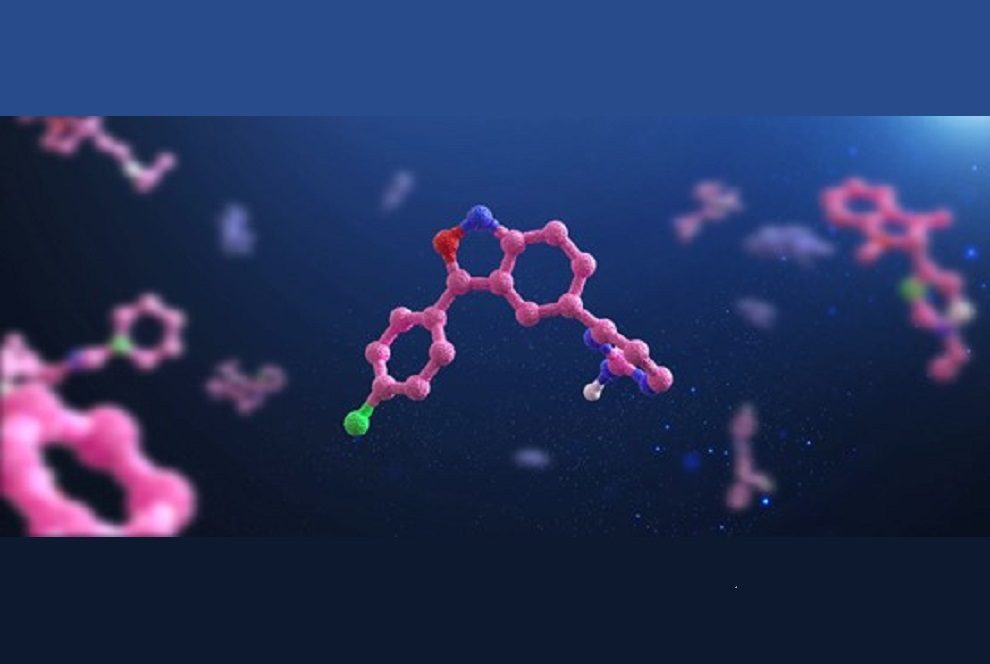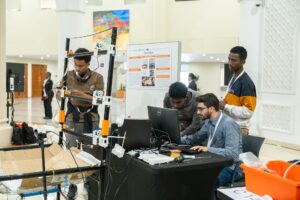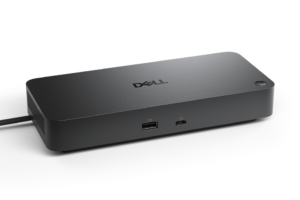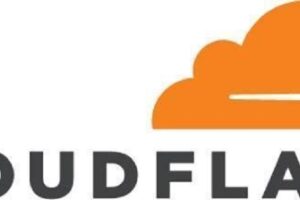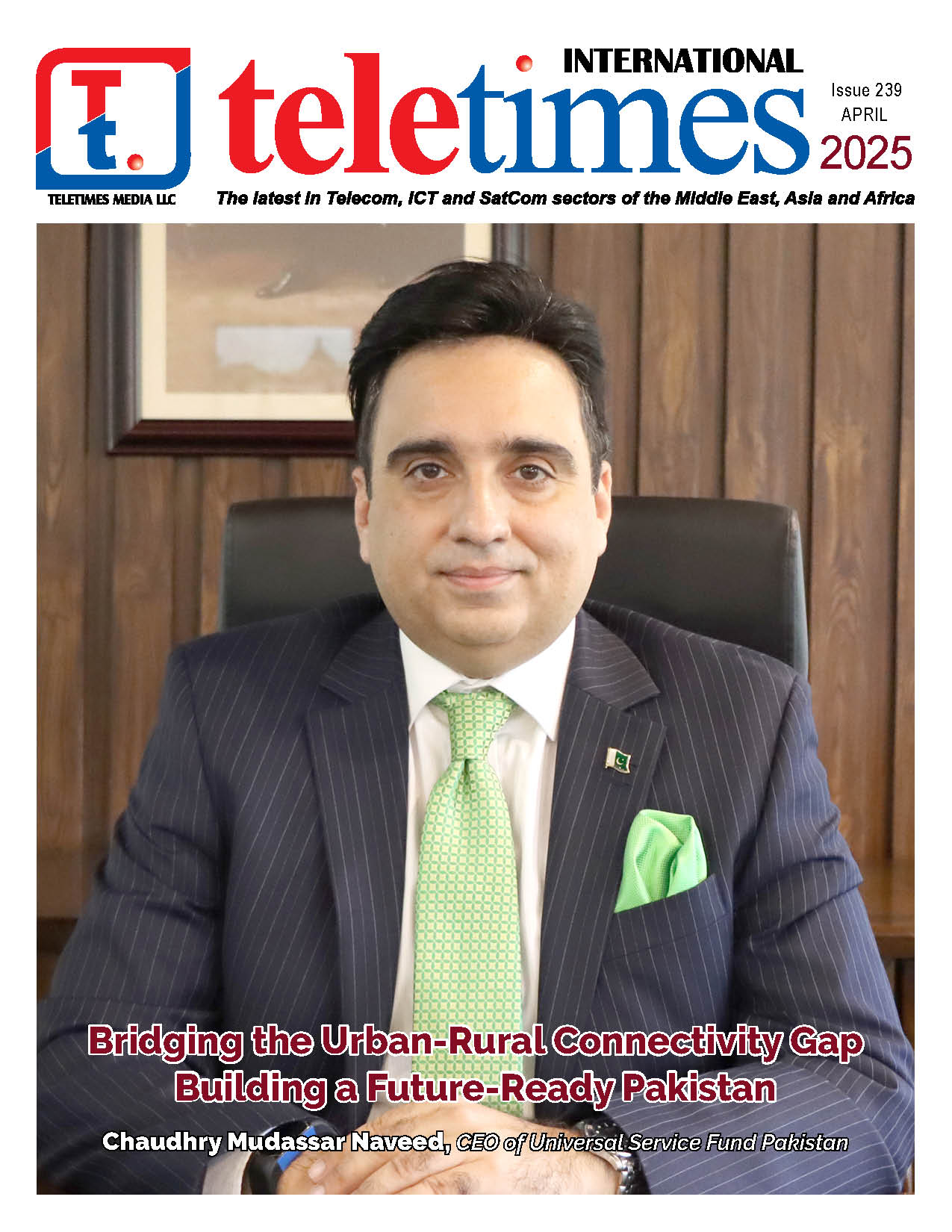Huawei recently hosted its 7th annual flagship event for the global ICT industry, Huawei Connect 2022, held in Bangkok, Thailand this year. In line with this year’s theme “Unleash Digital”, Ken Hu, Huawei’s Rotating Chairman, spoke about how the First Affiliated Hospital of the Medical School at Xi’an Jiaotong University used Artificial Intelligence (AI) to expedite pharmaceutical R&D and new drug discovery.
Drug discovery and development is a cost-intensive and time-consuming process. In the pharmaceutical industry, an average of over 1 billion USD and 10 years is needed to put a new drug on the market, from development to approval. While developing antibiotics, it has been noted that resistant bacteria are sometimes discovered even before newly developed antibiotics finish clinical trials.
That being said, the healthcare industry recognizes the potential of AI and related platforms as the major factor for accelerated growth. AI has significant applications in the drug discovery field as it can speed up the time needed to research and develop new drug compounds in drug discovery, helping researchers to discover novel chronic disease treatments in months as opposed to years.
Artificial intelligence has been making inroads in drug discovery for a good part of the last decade. BCG recently published an analysis that showed that biotech companies using an AI-first approach have more than 150 small-molecule drugs in discovery and more than 15 already in clinical trials. This AI-fueled pipeline has been expanding at an annual rate of almost 40%.
AI uses automated algorithms – sets of instructions that computers follow – to perform tasks previously done by humans. It can sift quickly through large datasets to detect hidden patterns and perform tasks within seconds that would usually take months.
By using an AI-aided drug design service powered by Huawei Cloud’s Pangu Drug Molecule Model, Professor Liu Bing of the First Affiliated Hospital of the Medical School at Xi’an Jiaotong University and his team developed a new broad-spectrum antimicrobial drug in just one month, and R&D costs were slashed by 70%.
A major challenge in new drug discovery lies in the screening of hundreds of millions of existing drug molecules. Traditionally, drug screening was performed by experts in labs, which was costly, slow, and had a high failure rate.
The Huawei Cloud Pangu Drug Molecule Model has been trained using the data of 1.7 billion drug-life molecules and can predict the physicochemical properties of drug compounds and score them based on their druglikeness. Researchers can then do targeted experiments to verify drug compounds that have the highest scores.
Moreover, the Pangu Drug Molecule Model’s molecular structure optimizer can be used to optimize the structure of lead compounds, minimizing the potential side effects of the new drugs on normal human cells.
Cloud has become an important carrier for digital companies. Huawei Cloud provides four development pipelines, including ModelArts the AI development pipeline, which customers and partners from all industries can access on demand, so they can leave the technical side of digital innovation to Huawei Cloud, and concentrate more on what matters most to them.
According to Hu, organizations should embrace the cloud for leapfrog development as digital smart tech is the future. Huawei Cloud has integrated more than 240 services and more than 50,000 APIs to bring the latest AI, application development, and big data technologies and development tools to the cloud.
Huawei Cloud is committed to a digital ecosystem by all and for all. Huawei Cloud will make it easier for organizations to use cloud technologies and helps cloud-empowered enterprises go global with our global marketing, service, and ecosystem support derived from Huawei’s globalization and localization experience in more than 170 countries and regions as well as industry insights and practical experience in hotspot areas.
The three-day conference in Bangkok is the first stop on HUAWEI CONNECT’s global tour in 2022. Over 10,000 ICT industry leaders, experts, and partners from around the world gathered to explore how to unleash digital productivity, promote the digital economy, and build up stronger digital ecosystems more effectively.
Featuring two keynote sessions, six summits, as well as multiple breakout sessions and demos, this year’s event dives into the challenges that governments and enterprises face at all stages of their digital transformation journey, Huawei’s advancements in digital infrastructure, as well as the company’s latest cloud services and ecosystem partner solutions.


